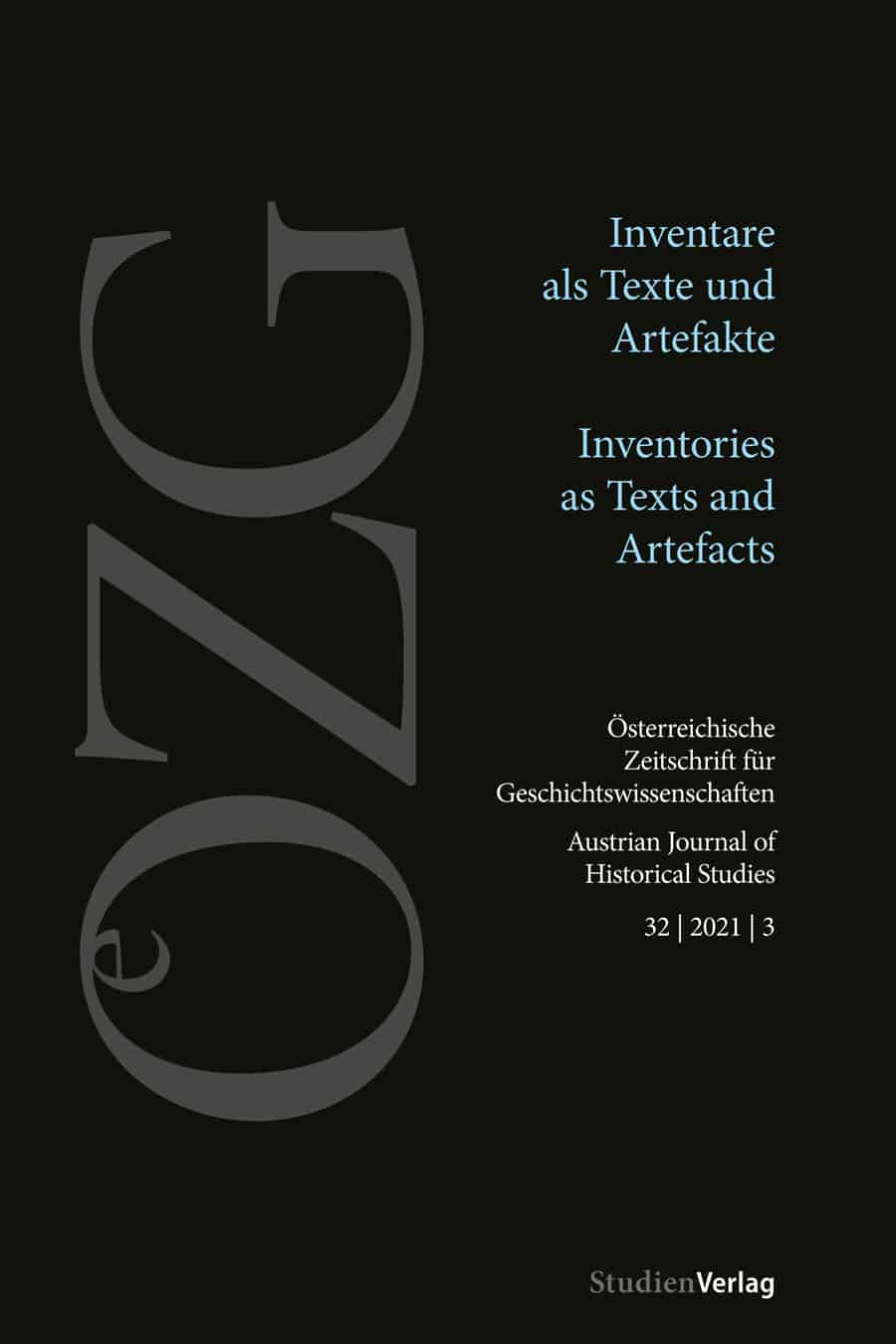Poetic Inventio and Literary Inventories
On the Art of 'Listful Storytelling'
DOI:
https://doi.org/10.25365/oezg-2021-32-3-5Keywords:
inventories, inventio, catalogue, ekphrasis, descriptio, classical and medieval heroic epics, Homer, Hesiod, Vergil, Ovid, 'Nibelungenlied' (song of the Nibelungs)Abstract
This contribution argues that literary texts essentially operate with inventory-like elements. Especially traditional rhetoric means, such as catalogue and description, are crucial in this respect. They represent some kind of poetic inventories within stories, as can be seen from Homer onwards. ‘Inventorious’ elements are also main narrative strategies in medieval epic literature, which is shown by the catalogues of names and things in the Song of the Nibelungs, a medieval heroic epic in Middle High German (c. 1200 AD). These ‘inventorious’ elements provide an imaginative insight into cultural, social, and gender orders and practices, which can also be seen as the background of ‘real’ historical inventories.
Downloads
Published
How to Cite
Issue
Section
License
Copyright (c) 2022 Austrian Journal of Historical Studies

This work is licensed under a Creative Commons Attribution 4.0 International License.


